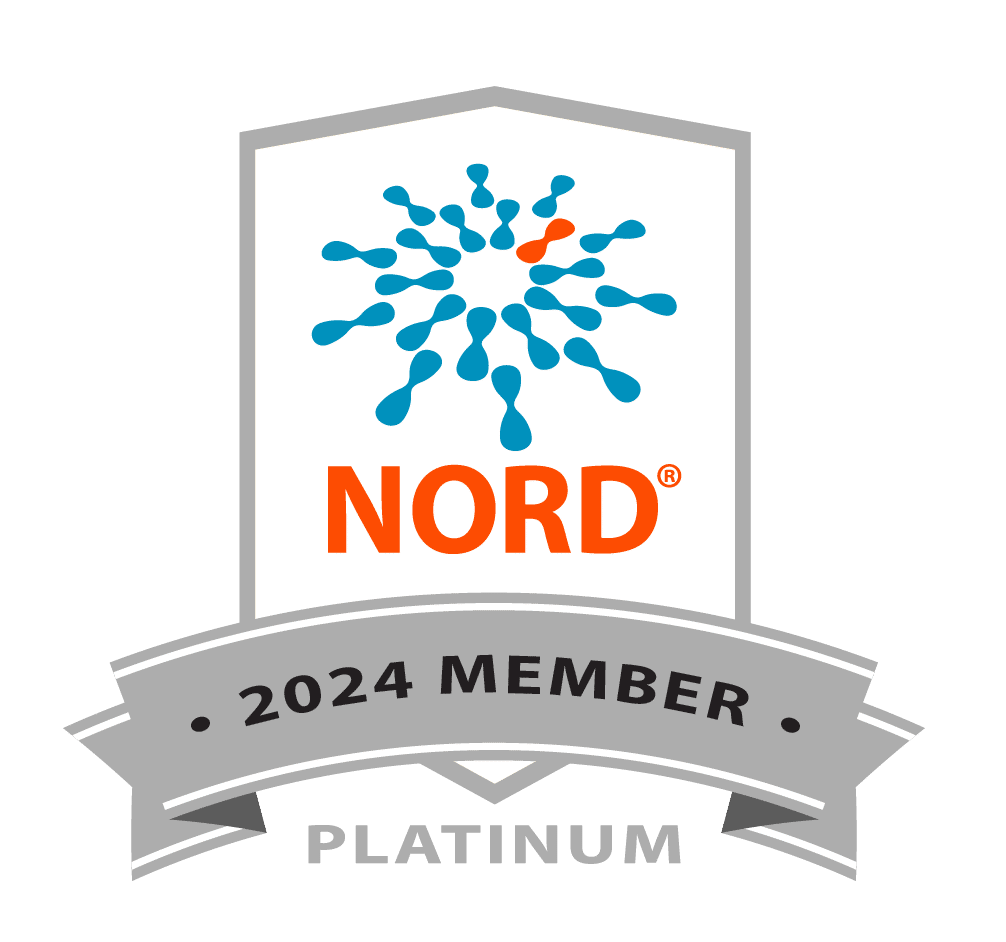Re: Proposed Research Approach for Chronic Obstructive Pulmonary Disease: Screening
Dear Task Force Members:
The Alpha-1 Foundation appreciates the opportunity to comment on the Task Force proposed approach to Chronic Obstructive Pulmonary Disease (COPD) Screening. In our outreach and education initiatives the Alpha-1 Foundation recommends that the Alpha-1 community get their family tested once a diagnosis has been confirmed. We have also had a long-standing physician education effort to enhance the frequency with which health care professionals perform Alpha-1 testing. The Foundation has engaged in many innovative approaches to detection and screening including pilot projects in newborn screening; a state-wide screening program in Florida; the use of electronic medical records flags; and connecting a rare condition Alpha-1 Antitrypsin Deficiency (AATD) to a common disorder (COPD). To this end the Alpha-1 Foundation founded the COPD Foundation 15 years ago to enhance the detection, diagnosis and intervention for individuals with genetic COPD. Still detection of the Alpha-1 population remains largely undiagnosed.
From the GOLD Guidelines it is noted that the World Health Organization recommends that all patients with a diagnosis of COPD should be screened once especially in areas with high AATD prevalence. A low concentration (< 20% normal) is highly suggestive of homozygous deficiency. Family members should also be screened.
The Task Force Proposed COPD Research Approach identifies Alpha-1 Antitrypsin Deficiency in its review and intentionally excludes it from the study. Although, it has been established that individuals with COPD who additionally receive a diagnosis of Alpha-1 are able to receive a targeted and specific therapeutic intervention for AATD which data shows improves and extends life.
The proposed USPSTF Research Approach for COPD draft not only excludes patients with a diagnosis of Alpha-1 Antitrypsin Deficiency (AATD) but does not test individuals with fixed airway obstruction for AATD, which is against current guidelines. About 1% of individuals with fixed airflow obstruction, whether symptomatic or not, have AATD. Guidelines for the management of COPD and for the management of AATD are consistent in recommending that all with a diagnosis of COPD should be tested for AATD.
Since the program proposes to enroll asymptomatic individuals with fixed airflow obstruction, it is incumbent upon the program to test those individuals for AATD. Even if you don’t test everyone with fixed airflow obstruction for AATD, you will be unknowingly enrolling subjects with AATD and those subjects may behave differently than those without it, diminishing your power to detect important endpoints. Ideally, we highly recommend testing all candidate subjects for AATD and enrolling subjects with fixed airflow obstruction whether or not they have AATD. Such an approach will add to the information generated by this program both by increasing enrollment and potentially suggesting differences caused by this major genetic influence on COPD.
Respectfully submitted:
Miriam O’Day
President and CEO
Alpha-1 Foundation
Robert A. Sandhaus, MD, PhD, FCCP
Clinical Director
Alpha-1 Foundation











